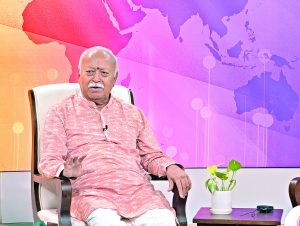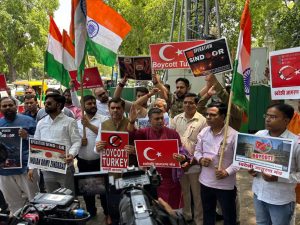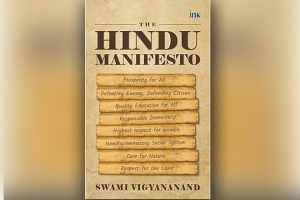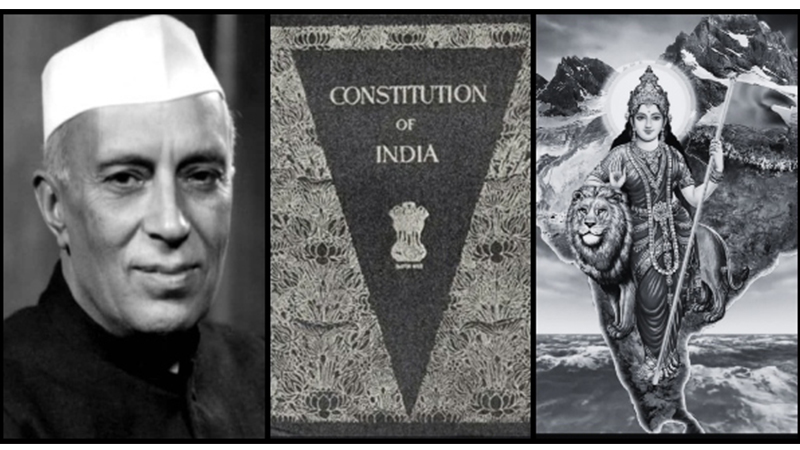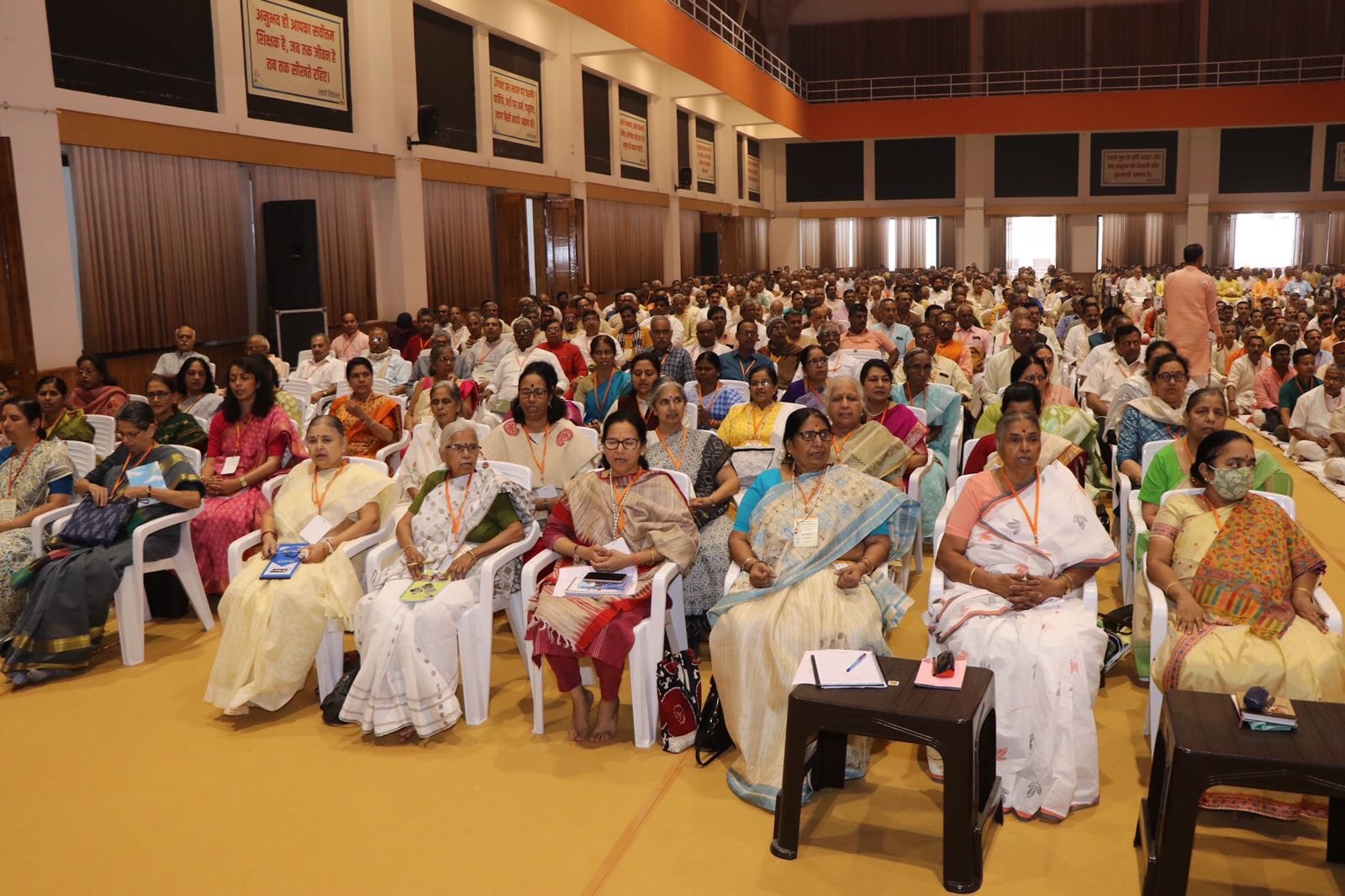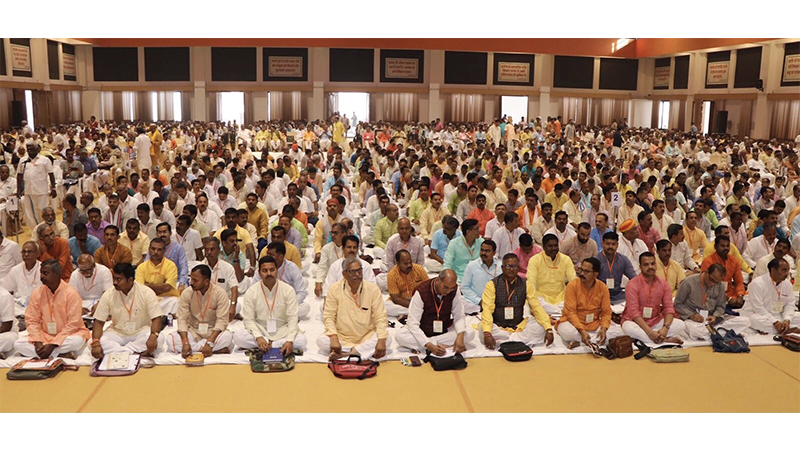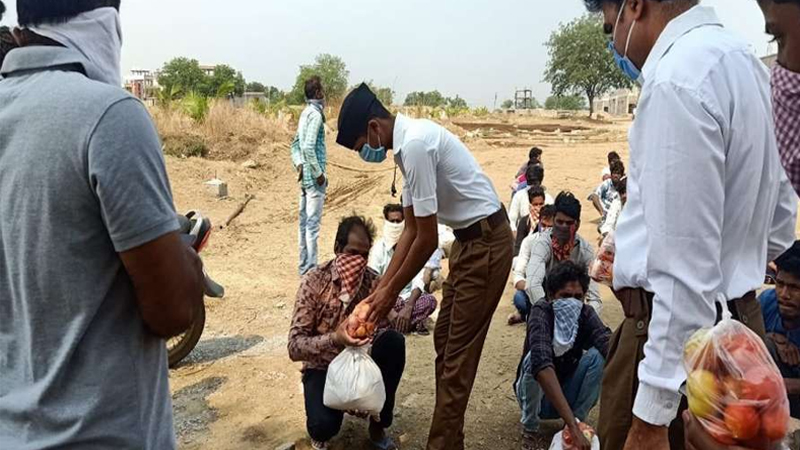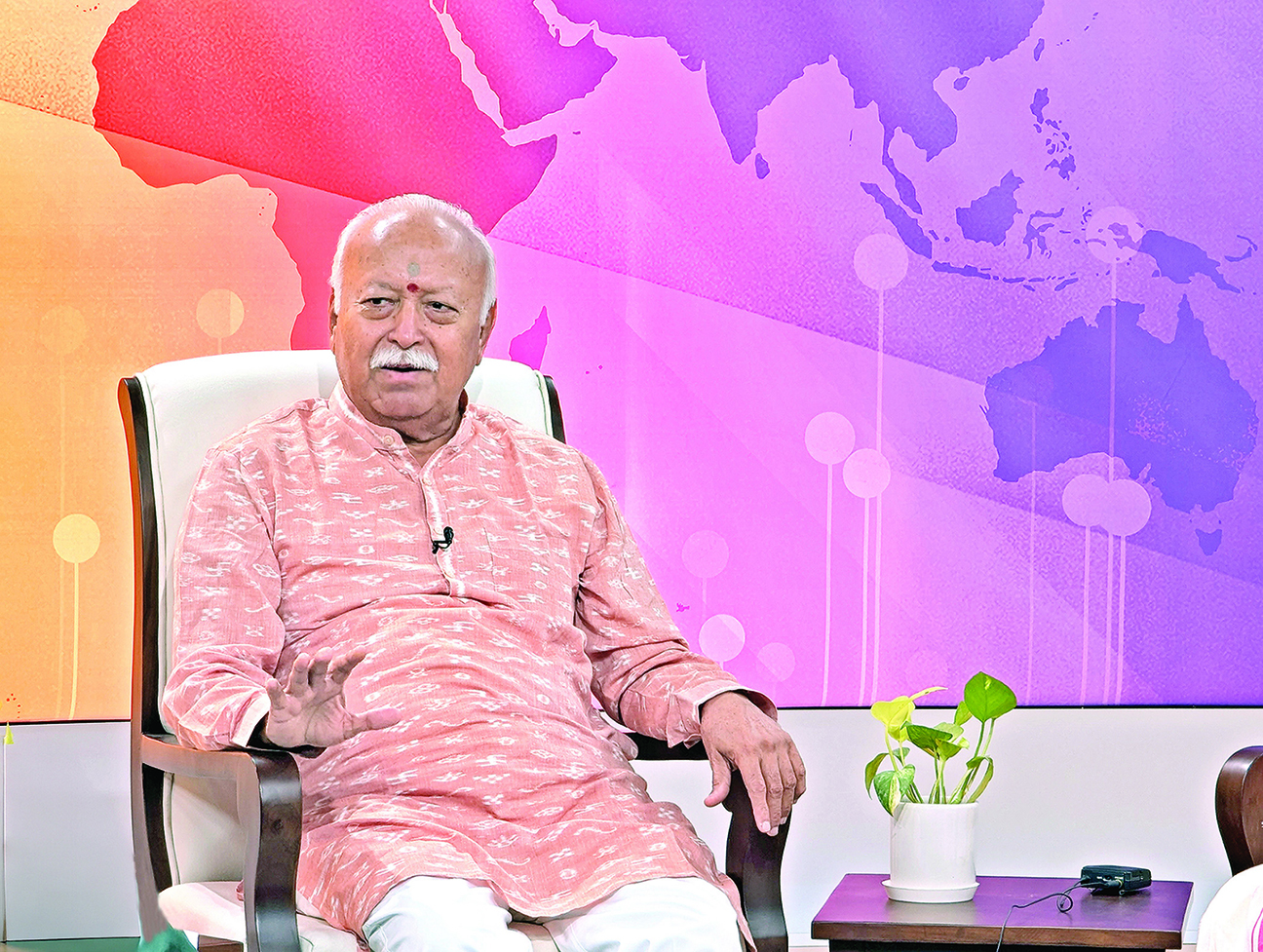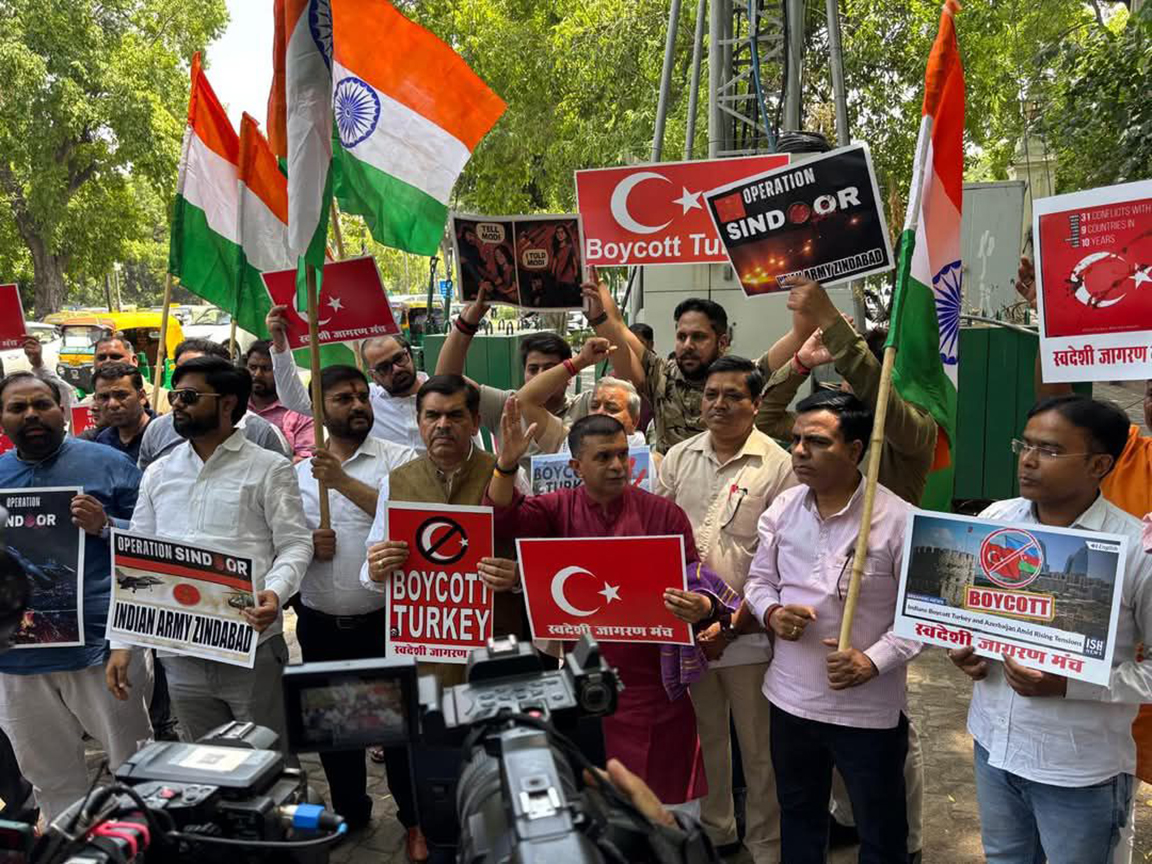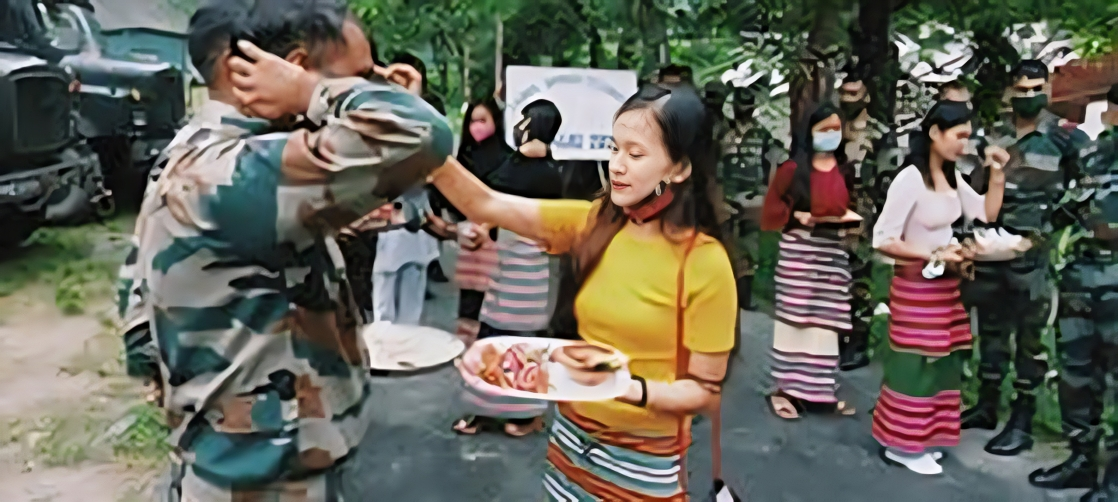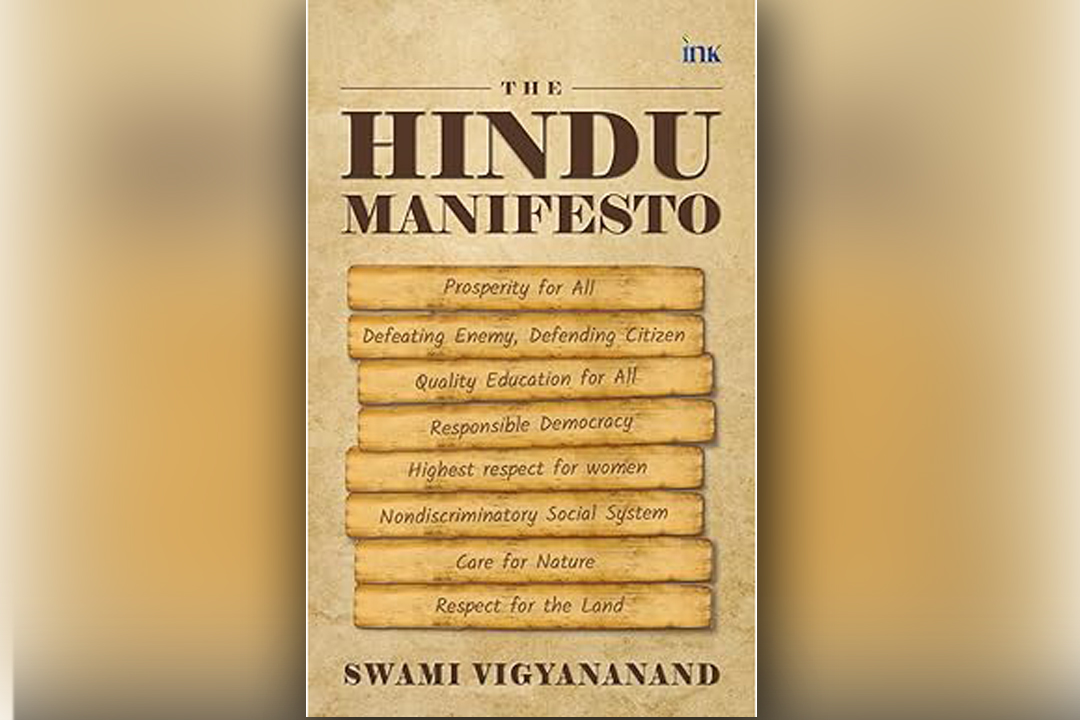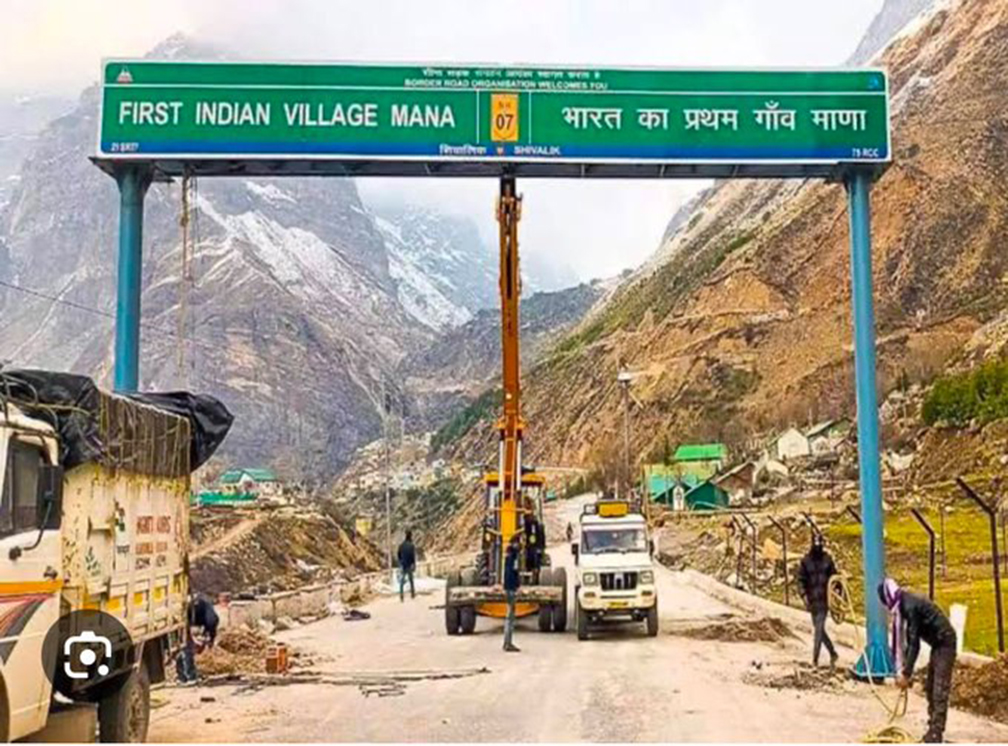Reclaiming PoJK is rooted in RSS’ vision of national integration
Updated: February 20, 2025 14:12
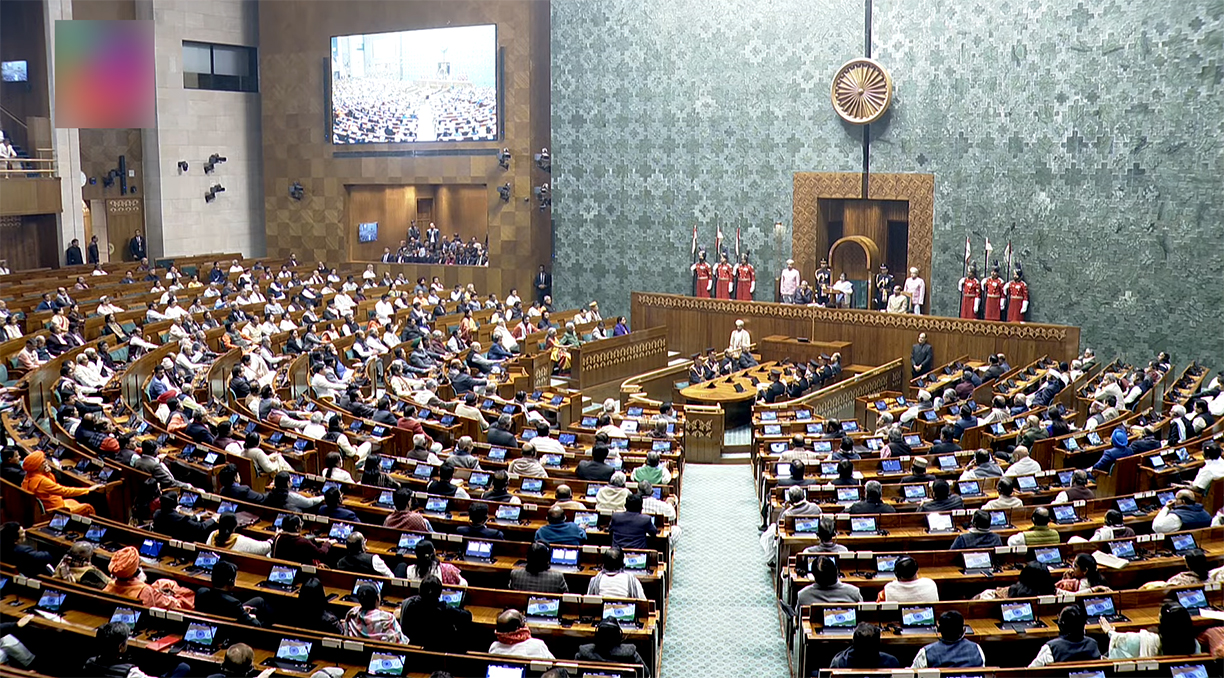
On February 22, 1994, the Indian Parliament passed a resolution declaring that Pakistan-Occupied Jammu and Kashmir (PoJK) is an integral part of India and that Pakistan must vacate its illegal occupation. This resolution reaffirmed India’s sovereignty and emphasized the nation’s firm stance on territorial integrity. The 1994 resolution came in response to escalating cross-border terrorism and Pakistan’s persistent attempts to internationalize the Kashmir issue. It condemned Pakistan’s infiltration, training of terrorists, and misinformation campaigns while reaffirming India’s unwavering position that:
- Jammu and Kashmir is and will always remain an integral part of India.
- Any attempt to separate it will be resisted by all means.
- India has the will and capacity to defend its sovereignty.
- Pakistan must vacate occupied territories.
- External interference in India’s internal matters will be met with a resolute response.
This stance, however, was not a recent development but rooted in the very foundation of Jammu and Kashmir accession to India. On October 26, 1947, Maharaja Hari Singh signed the Instrument of Accession, formally making Jammu and Kashmir a part of India. Yet, Pakistan’s armed invasion led to the illegal occupation of over 90,000 sq. km, including Gilgit-Baltistan and the strategically crucial Shaksgam Valley, a portion of which Pakistan unlawfully ceded to China in 1963. Despite the Indian Army’s valiant resistance, a UN-brokered ceasefire prevented the full reclamation of these territories.
Since then, Pakistan has persistently sponsored terrorism, radicalism, and separatist activities, undermining peace in the region. The Rashtriya Swayamsevak Sangh (RSS) has consistently advocated for the rightful integration of PoJK with India while emphasizing the need for a strong stance against external interference.
RSS’s Role in Defending Jammu and Kashmir and Supporting Its Accession
Even during Partition (1947), the RSS was actively involved in protecting Hindus and Sikhs in Jammu and Kashmir from communal violence and Pakistani aggression. While the princely state was still undecided about its accession, the RSS played a significant role in:
- Defending Hindu and Sikh Communities – RSS swayamsevaks helped organize self-defense groups to protect civilians from attacks by armed tribal raiders backed by Pakistan in October 1947.
- Supporting Accession to India – The RSS supported Maharaja Hari Singh’s decision to accede to India and pushed for immediate military action against the invaders.
- RSS opposed the decision to take the Kashmir issue to the United Nations in 1948, seeing it as a blunder that allowed Pakistan to retain control over PoJK (Pakistan-occupied Jammu Kashmir).
- Praja Parishad Party – While the RSS did not lead a political movement, its efforts at the grassroots level played a significant role in shaping public sentiment and supporting the emergence of the Praja Parishad movement (1952-53), which later became instrumental in advocating for Jammu and Kashmir complete integration with India.
The Praja Parishad movement opposed the special status granted to Jammu and Kashmir and demanded its complete merger with India. The Praja Parishad Party’s slogan, “Ek Nishan, Ek Vidhan, Ek Pradhan” (One Flag, One Constitution, One Head) played a critical role in mobilizing public support and organizing protests against the special status granted to Jammu and Kashmir. The agitation in the early 1950s, led by RSS functionaries Prem Nath Dogra and Balraj Madhok emphasized the cultural and historical ties of Jammu and Kashmir with the rest of India. The party’s relentless efforts ultimately laid the foundation for the later abrogation of Article 370 in 2019.
RSS has consistently advocated for the removal of Article 370 and reclamation of Pakistan-occupied Jammu and Kashmir (PoJK) over the decades.
RSS Resolutions from 1953 to 2023 on Jammu, Kashmir, and PoJK
From 1953 to 2020, its highest decision-making bodies, the Akhil Bharatiya Pratinidhi Sabha (ABPS) and Akhil Bharatiya Karyakari Mandal (ABKM), have urged the government to:
- Reject Pakistan’s claim over PoJK and take concrete measures for its reclamation.
- End the separate constitution and flag for Jammu and Kashmir, which went against the spirit of national unity.
- Abrogate Article 370, which was a tool in the hands of separatists and anti-national elements.
- Sharpen India’s policy on Pakistan, particularly after its move to declare Gilgit-Baltistan as its fifth province.
While the political discourse often highlights diplomatic and military aspects, the ideological and grassroots struggle led by organizations like RSS has played a crucial role in keeping this issue alive in the public consciousness. The struggle for PoJK remains a significant aspect of the broader nationalist movement. The role of nationalist leaders, from the days of Praja Parishad to contemporary times, accentuates the unwavering commitment to the cause of complete integration and justice for the displaced people of Jammu and Kashmir.
The RSS Vision for Jammu and Kashmir
The RSS vision for Jammu and Kashmir revolves around national integration, reclaiming PoJK, dismantling separatism, and ensuring justice for persecuted communities. It sees Jammu and Kashmir as an inseparable part of India, opposes any special status or autonomy, and demands a firm stance against Pakistan’s interference. RSS had consistently maintained that Article 370 was a temporary provision that had outlived its purpose and was being misused to fuel anti-India sentiments. RSS continues to advocate for bringing PoJK under Indian control as the next step in completing Kashmir’s integration.
Why February 22 Matters for India’s Future
Sankalp Diwas, observed on February 22, serves as a reminder of India’s firm resolve to reclaim PoJK and put an end to Pakistan’s decades-long proxy war. It is also a day to reflect on the sacrifices of nationalist forces who fought for Jammu and Kashmir’s complete integration. The RSS remains unwavering in its stand that the national consensus expressed in the 1994 resolution must translate into decisive action on the ground.
With a renewed focus on national security, a more assertive foreign policy, and a strong leadership committed to India’s territorial integrity, the dream of a fully integrated India, including PoJK, is not just an ideological aspiration but an achievable reality. The nation must now move beyond resolutions and take concrete steps to reclaim what rightfully belongs to India.
(The writer is an independent columnist and has authored two books)
